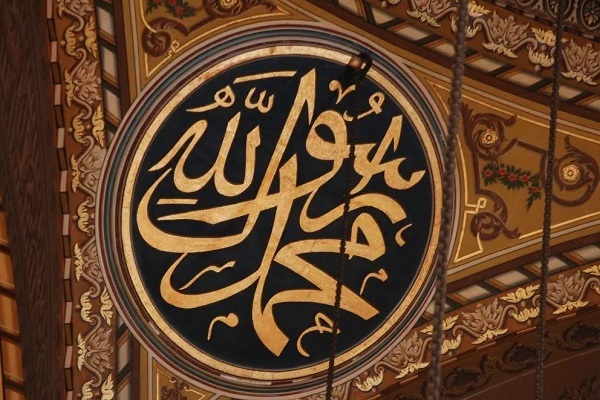How Did Prophet Muhammad (PBUH) Attract People?

Addressing a seminar focusing on the Holy Prophet (PBUH), Mohammad As’adi, a researcher, pointed to some of these traits. Here is a summary of his remarks:
During the time when Prophet Muhammad (peace be upon him) was chosen as a prophet, society was grappling with a lack of proper morals and culture, and poverty was prevalent in all aspects of life. Despite the absence of modern media, he managed to spread the message of monotheism and equality to the entire world, transforming a society rooted in ignorance (Jahili society) into a model community with high moral standards. Therefore, I believe that understanding the qualities of this remarkable individual, who was able to draw numerous followers to his faith and forge a nation under challenging circumstances, can be enlightening.
Without a doubt, the key to the Prophet's popularity, who articulated the mission of promoting human dignity and moral excellence, and who himself exhibited excellent moral conduct, lay in his behavior and ethics. It was his interactions with society that created such magnetic appeal. To elucidate this further, I will outline some of his characteristics.
The first noteworthy characteristic of the Prophet (peace be upon him) that significantly contributed to his attraction was his unwavering belief in the principles he preached. The Quran attests to his unshakable faith in the divine revelations, and all believers followed suit, having faith in God, the angels, and the books of God's prophets.
The second remarkable quality was his capacity for friendship, tolerance, and patience. Tolerance, fundamentally, is a pivotal principle that ensures the stability and cohesion of any society. A leader or public authority figure who lacks tolerance and opts for strictness with their people is unlikely to maintain stability. Prophet Muhammad (PBUH) stressed that after faith in God, tolerance with people is the pinnacle of reason, rationality, and seriousness.
The Prophet's gentleness is another striking feature. The Quran acknowledges this quality: “Only through the Divine Mercy have you (Muhammad) been able to deal with your followers so gently.” (Surah Al-Imran, verse 159)
The Prophet's capacity for forgiveness stands as another defining trait. Despite facing extensive persecution during his thirteen-year stay in Mecca and enduring hardships along with his followers, he displayed remarkable forgiveness. When the Muslims eventually conquered Mecca, some were eager for revenge, but the Prophet (PBUH) directed them to declare, "Today is the Day of Mercy." As a result, when the people of Mecca gathered in Masjid al-Haram and the Prophet (PBUH) addressed them, he declared their collective freedom. This compassionate act led to many former adversaries embracing Islam.
Finally, the Prophet's humility was a noteworthy attribute. He dined with slaves, sat with them, and considered himself a servant of God. He did not view associating with the less privileged as a shortcoming but as a sign of his magnanimity. This humility was a compelling factor in attracting people and fostering a strong community.
Translated by Mohammad Ali Haqshenas


